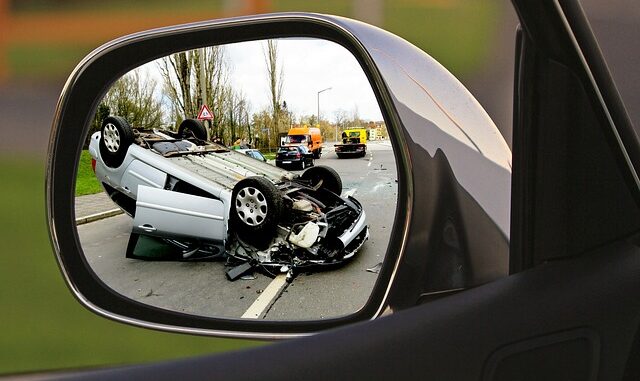
A car accident in Ontario can leave you with more than just physical injuries. Your vehicle might be significantly damaged, raising the question: should it be written off or repaired? This decision has financial implications and can affect your ability to get back on the road.
Understanding Total Loss or “Write-Off” in Ontario
In Ontario, a vehicle is considered a total loss, or “write-off,” if the cost to repair it exceeds a certain percentage of its actual cash value (ACV). The specific threshold varies by insurance company but is typically around 70-80% of the ACV. If the repairs are deemed more expensive than replacing the car, your insurer will declare it a write-off.
Factors Influencing the Write-Off Decision
Several factors contribute to the write-off determination:
- Vehicle Age and Value: Older vehicles with lower market values are more likely to be written off.
- Extent of Damage: Extensive damage to the frame, engine, or other major components can quickly push repair costs above the threshold.
- Safety Concerns: If the damage compromises the vehicle’s structural integrity or safety features, it’s more likely to be a write-off.
- Insurance Policy: Some insurance policies may have specific clauses regarding write-offs or offer options for repair.
The Write-Off Process in Ontario
If your vehicle is declared a write-off, your insurance company will typically:
- Assess the ACV: They will determine the fair market value of your car before the accident, taking into account its age, condition, and mileage.
- Offer a Settlement: They will offer you a settlement based on the ACV, minus any deductible.
- Salvage the Vehicle: The insurance company takes ownership of the vehicle and sells it for salvage or parts.
Repairs: When Your Car Isn’t a Write-Off
If your car isn’t a write-off, you have a few options:
- Claim with Your Insurer: Your insurance company will cover the repair costs, minus your deductible, if you have collision coverage.
- Pay Out-of-Pocket: If the repairs are minor or you don’t have collision coverage, you can pay for them yourself.
- Diminished Value Claim: Even after repairs, your car may be worth less due to its accident history. You can potentially claim diminished value from the at-fault driver’s insurer.
Choosing a Repair Shop in Ontario
When opting for repairs, it’s crucial to choose a reputable repair shop:
- Certified Technicians: Ensure the shop employs certified technicians who can properly repair your vehicle to pre-accident condition.
- Quality Parts: Insist on using original equipment manufacturer (OEM) parts for optimal performance and safety.
- Written Estimates: Get written estimates from multiple shops to compare prices and services offered.
- Warranty: Choose a shop that offers a warranty on their workmanship and parts.
Key Considerations After an Accident
- Document Everything: Take photos of the damage and get a copy of the police report.
- Report the Accident Promptly: Notify your insurance company as soon as possible.
- Get Multiple Repair Estimates: Don’t settle for the first estimate you receive.
- Consult a Lawyer: If you have questions about your rights or the claims process, seek legal advice.
The Importance of Seeking Legal Counsel
If you’re unsure whether your car should be written off or repaired, or if you disagree with your insurer’s decision, consulting a personal injury lawyer in Ontario is highly recommended. They can help you understand your rights, negotiate with your insurer, and potentially pursue a diminished value claim if applicable.
